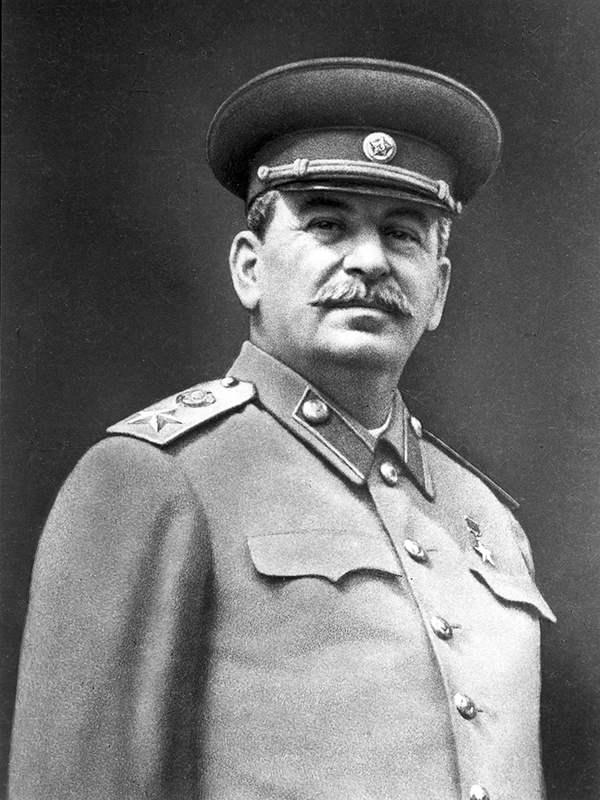BBG Watch History
This is a partial reposting of an article on the Cold War Radio Museum website.
 Cold War Radio Museum
Cold War Radio Museum
October 6, 2016
One of the ironies of history is that today journalist Julius Epstein, a courageous fighter for honest reporting and a fierce critic of Soviet lies and U.S. Government’s censorship of news about the Soviet Union, is a largely forgotten figure while Voice of America’s first director, Hollywood actor John Houseman, who had initiated the manipulation of news in America’s WWII radio broadcasts, and referred to them as an “instrument of propaganda” and “psychological warfare,”[ref]Houseman, John. Unfinished Business Memoirs: 1902-1988. New York, NY: Applause Theatre Books, 1989.[/ref] which they were under him and OWI [Office of War Information] director Elmer Davis, is presented as a champion of journalistic integrity. [ref]Nordlinger, Jay. “A Voice of America, Part I.” National Review, April 19, 2016. Accessed October 3, 2016. http://www.nationalreview.com/article/434211/voa-remarkable-chief-its-ukrainian-service-myroslava-gongadze-part-i.[/ref]
READ MORE: ‘Love for Stalin’ at wartime Voice of America, Cold War Radio Museum, October 6, 2016
Who Was Julius Epstein
During World War II, Julius Epstein, a Jewish refugees from Austria, was working at VOA’s parent agency, the Office of War Information (OWI) in New York. Epstein’s life had been intertwined with the 20th century’s tumultuous history. Born in Vienna in 1901, he was grandson of Adele Strauss, the third wife of Austrian operetta composer Johann Strauss II. In his student years, Epstein was briefly a member of the Communist Party and chairman of the Communist students’ group at the University of Jena but left the party after a few months and became an anti-Stalin Social Democrat. After his studies of economics, sociology and journalism at the universities of Jena and Leipzig, Epstein was a free-lance journalist and foreign correspondent in Germany contributing to many newspapers and periodicals, including Berliner Tageblatt, Hamburger Echo, Beue Zeitung in Leipzig, Prager Tagblatt in Prague, Pariser Tageszeitung in Paris, Revue Internationale de L’Enfant, in Geneva, and other publications.
After Hitler’s advent to power in 1933, Epstein left Germany as a refugee and went to Prague and later to Switzerland where he continued to work as a foreign correspondent for anti-Nazi newspapers and magazines. In 1939, he settled with his family in the United States and started writing for the New York liberal-socialist and anti-communist weekly The New Leader. From March 1942 to December 1944, Epstein worked as Language Editor in the New York offices of the Office of War Information, from where Voice of America radio broadcasts originated.
In later years, Julius Epstein was a U.S. correspondent for several European newspapers and contributor to U.S. periodicals, including Plain Talk, Human Events, and National Review. In 1963, he became research associate at the Hoover Institution on War, Revolution and Peace, and later professor of international affairs at Lincoln University, San Francisco. In 1973 he published “Operation Keelhaul: The Story of Forced Repatriation,” a study of the forced repatriation by the Western allies of anti-communist refugees to imprisonment and executions in the Soviet Union. Epstein died in Menlo Park, CA in 1975. His papers are at the Hoover Institution Archives, Stanford University.
